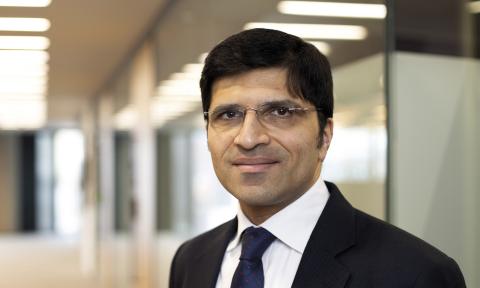FCA implies de-banking review to cover gambling

In an open letter responding to the Gamblers Consumer Forum’s (GCF) query on individuals and businesses being “de-banked” due to gambling transactions or links to the gambling industry, the FCA implied it would investigate this as part of its ongoing review into UK payments accounts access and closures.
“We are currently taking steps to understand the extent of denial, suspension and termination of bank accounts and have asked for information from the largest account providers to assess the impact on a wide range of customers,” said the financial watchdog.
“This includes the reasons firms close or refuse accounts and the impacts of this on different groups of customers,” it continued.
Some banks have historically opted to close accounts involved in gambling activities. This is due to perceived higher anti-money laundering (AML) risks and obligations.
FCA de-banking investigation
On Tuesday, the FCA released the initial findings of its investigation into UK payment accounts access and closures.
The probe launched in response to a UK scandal involving controversial politician Nigel Farage. In June, Farage saw his bank account closed by prestigious banking firm Coutts.

The backlash saw some MPs choosing to highlight de-banking in general. One MP described the impact of account closures on bookmakers as a “scandal”.
FCA chief executive Nikhil Rathi emphasised the importance of getting trade offs right in this conversation.
“As we undertake that work, the time is also right for a debate on how we balance access to bank accounts with the threat of financial crime, as well as firms’ reasonable risk and commercial appetites,” Rathi said.
“An important question for policy makers is whether all individuals, businesses and organisations should have the right to an account, as is the case in some other countries.”
